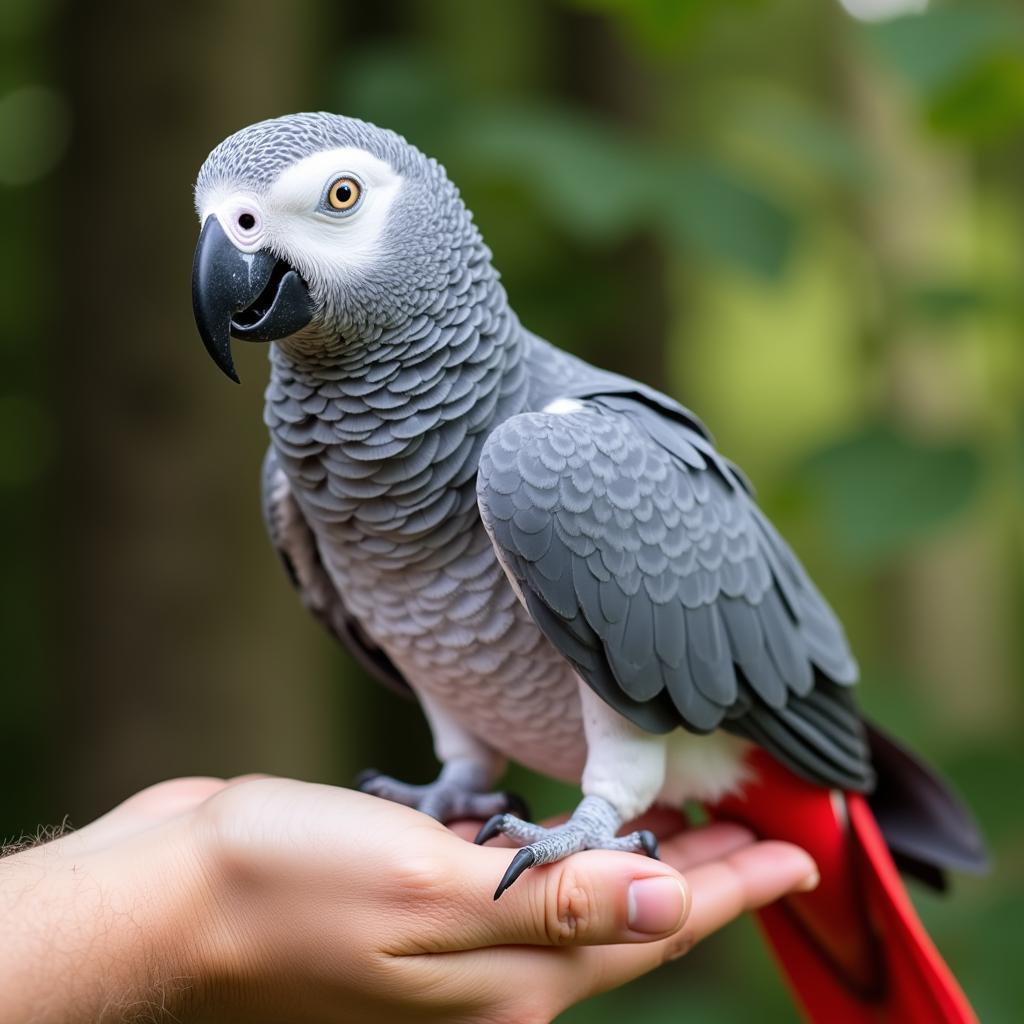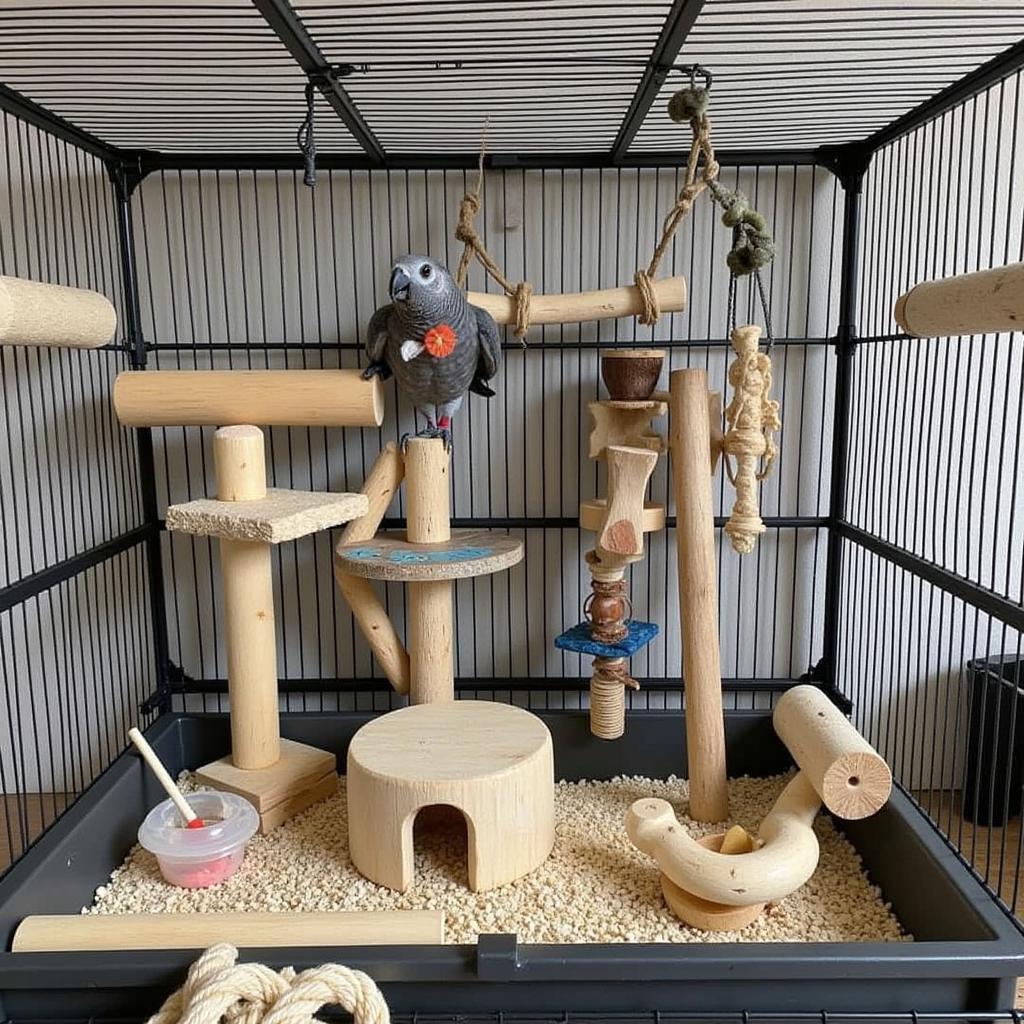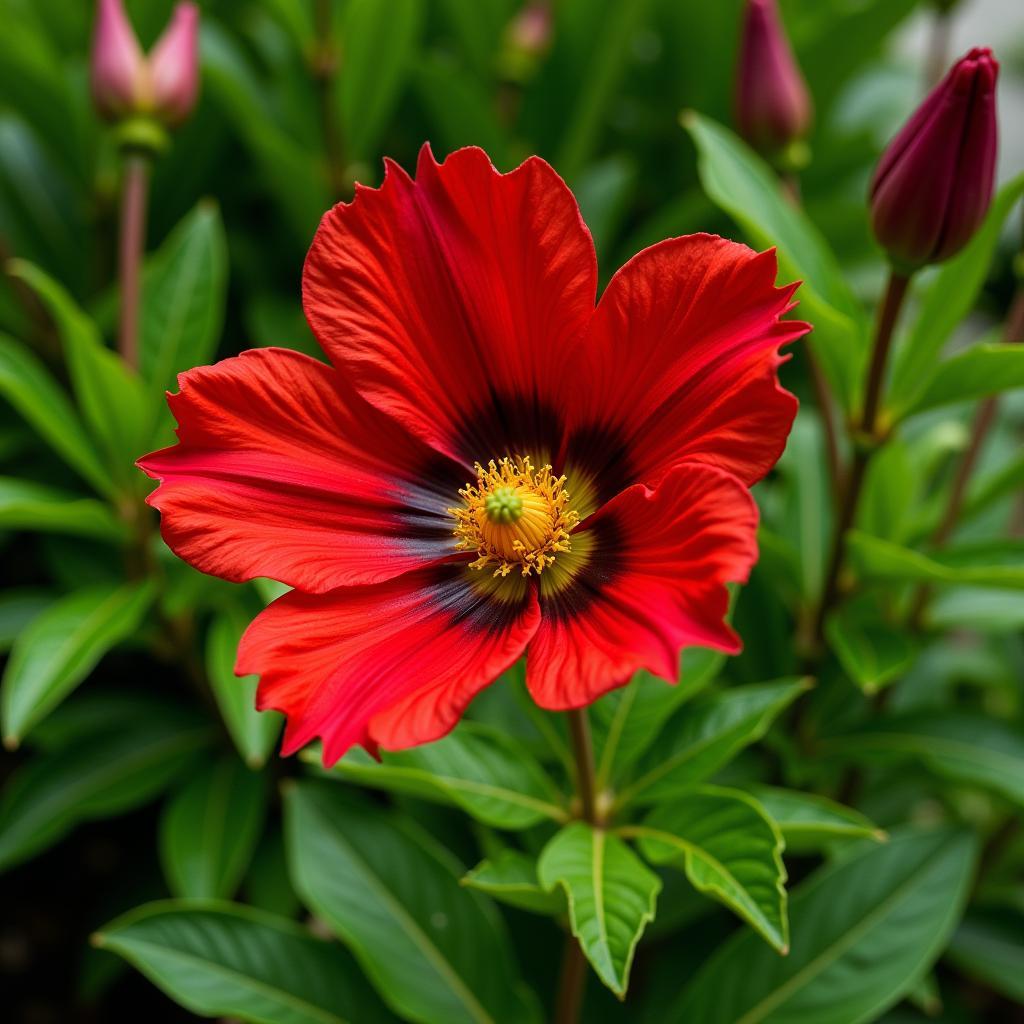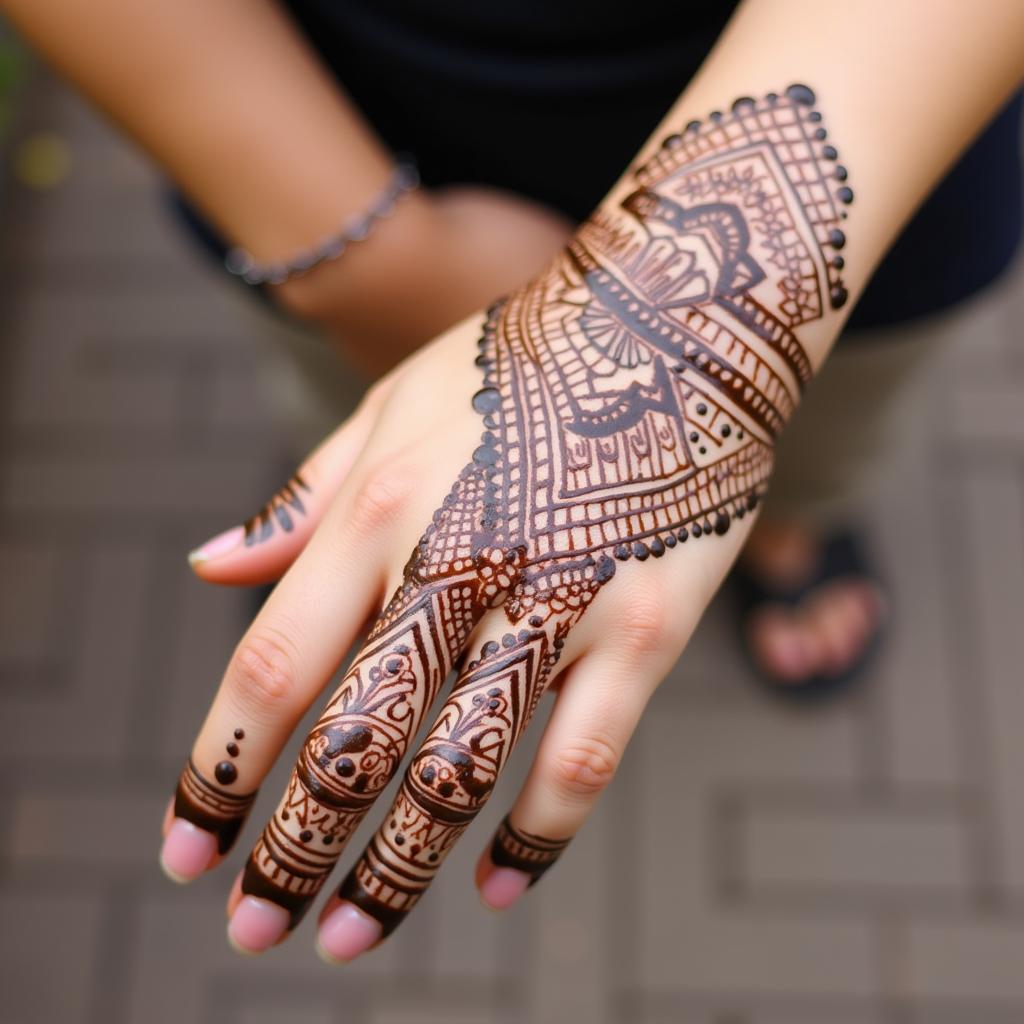The Ultimate African Grey Parrot Care Sheet
Owning an African grey parrot is a rewarding experience, but it’s crucial to provide proper care to ensure their health and happiness. This comprehensive African Grey Parrot Care Sheet will guide you through everything you need to know about caring for these intelligent and fascinating companions.
Understanding Your African Grey Parrot
African grey parrots are renowned for their exceptional intelligence and ability to mimic human speech. They originate from the rainforests of Central and West Africa and thrive in a stimulating and enriching environment. Providing proper African grey parrot care is not just about meeting their basic needs, but also about understanding their complex social and emotional requirements. Shortly after getting your parrot, it’s a good idea to schedule a check-up with an avian veterinarian to establish a baseline for its health.
Did you know an African grey can learn over 1000 words? Their remarkable cognitive abilities mean they need mental stimulation just as much as physical care.
 African Grey Parrot Perched on Owner's Hand
African Grey Parrot Perched on Owner's Hand
Setting Up the Ideal Home for Your African Grey
A spacious cage is essential. It should be large enough for your parrot to fully extend its wings and climb around. Provide a variety of perches of different sizes and textures to exercise their feet. Enrichment is key to a happy African grey. Toys, foraging opportunities, and regular interaction with you will prevent boredom and behavioral issues. African greys also need a specific diet that includes high-quality parrot pellets, fresh fruits, and vegetables. Seeds should be given sparingly as treats.
Think of their cage as their own personal apartment – it needs to be comfortable, stimulating, and safe.
 African Grey Parrot Cage Setup Example
African Grey Parrot Cage Setup Example
African Grey Parrot Diet and Nutrition
A balanced diet is crucial for the well-being of your African grey. A good African grey parrot care sheet should always emphasize the importance of proper nutrition. While high-quality parrot pellets should form the foundation of their diet, incorporating fresh fruits, vegetables, and healthy nuts is vital. Avoid feeding your parrot avocado, chocolate, caffeine, and alcohol, as these are toxic to birds. Always ensure fresh, clean water is available at all times. Consider adding a shallow dish of water for bathing, as African greys enjoy regular bathing to keep their feathers clean and healthy.
What does a healthy African grey diet look like? Think variety, balanced nutrition, and fresh ingredients!
Maintaining Your Parrot’s Health
Regular veterinary checkups are essential. These checkups can help identify potential health problems early on. Like humans, African greys can be susceptible to illnesses. Be observant of any changes in your parrot’s behavior, appetite, or droppings, as these can be indicators of illness. Providing a stimulating environment and a healthy diet will boost their immune system and contribute to their overall well-being. Never self-treat your parrot. If you observe any changes, consult an avian veterinarian.
Don’t underestimate the importance of routine veterinary care for your feathered friend’s health.
Building a Strong Bond with Your African Grey
African greys are highly social creatures. They thrive on interaction and can form strong bonds with their owners. Spending quality time with your parrot is crucial for its emotional well-being. Talk to them, play games, and involve them in your daily activities. African greys are intelligent and require mental stimulation to prevent boredom and destructive behaviors.
Think of your African Grey as a member of your family. They thrive on connection and interaction. This interaction is key to a happy and healthy bird.
Conclusion
Providing proper care for an African grey parrot requires dedication and commitment. By following this African grey parrot care sheet and understanding their unique needs, you can ensure a long, happy, and fulfilling life for your feathered companion. Remember to focus on providing a stimulating environment, a healthy diet, and regular veterinary care. Check out this article about the African Jacana bird.
FAQs
- How long do African grey parrots live? African greys can live for 50-80 years.
- What are the signs of a sick African grey? Changes in droppings, appetite, and behavior can indicate illness.
- How can I prevent feather plucking? Ensure a stimulating environment, proper diet, and consult an avian veterinarian.
- Do African greys need a companion? They can thrive as single birds with sufficient owner interaction.
- What kind of toys do African greys like? They enjoy puzzles, foraging toys, and destructible wood toys.
- How often should I clean my African grey’s cage? Spot cleaning should be done daily, and a deep clean weekly.
- Can African greys talk? Yes, they are renowned for their ability to mimic human speech and sounds.
Further Reading
- Learn more about other African jungle animals in herds.
- Intrigued by African wildlife? Check out the African buffalo size.
Need further assistance with African Grey Parrot care? Contact us at:
Phone: +255768904061
Email: [email protected]
Address: Mbarali DC Mawindi, Kangaga, Tanzania.
Our customer care team is available 24/7.


